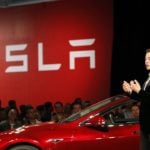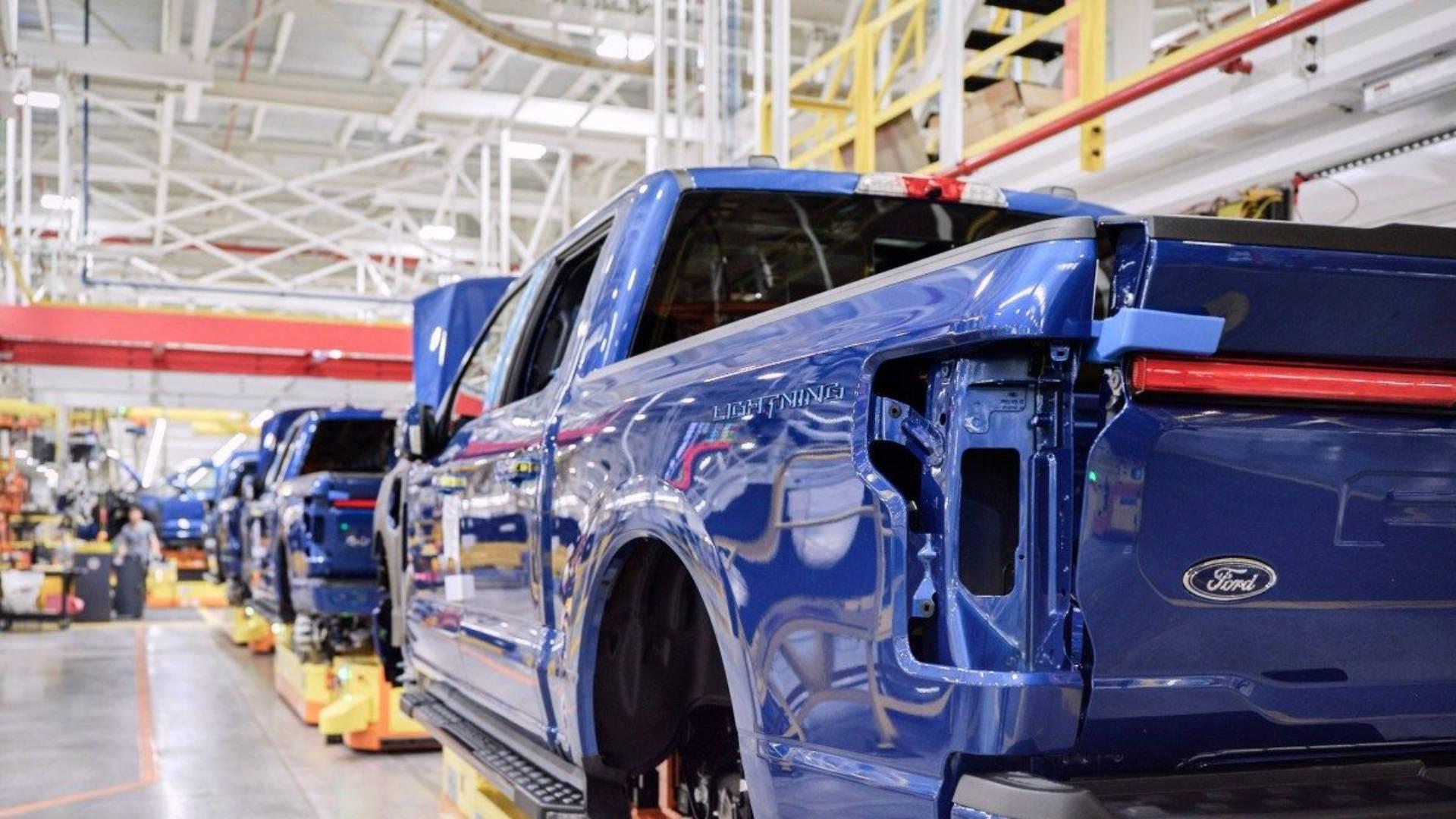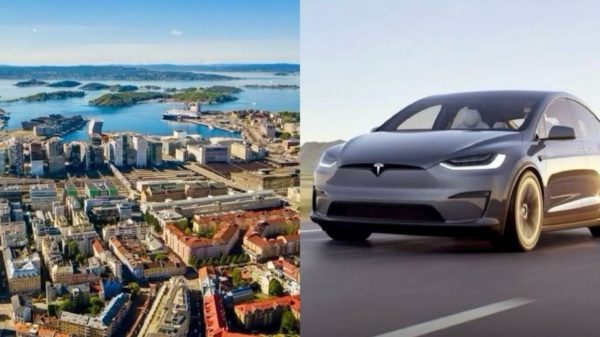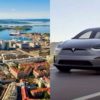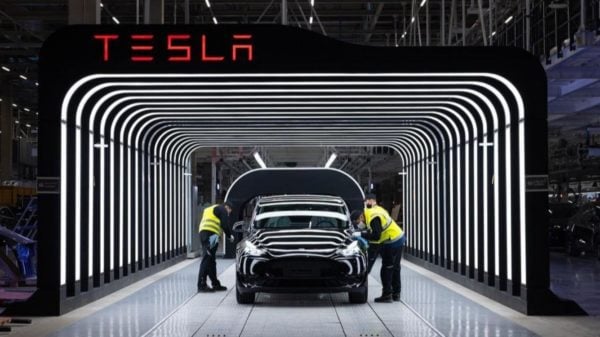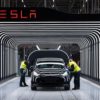Ford Motor has put its $3.5 billion Michigan EV battery plant plans on hold. The news comes as a surprise given the high anticipation the first-of-its-kind project in the United States has generated.
The project was borne out of a collaboration between the top automobile maker and the reputed Chinese battery manufacturer, Contemporary Amperex Technology Co. Ltd (CATL). CATL is presently the biggest player in the EV battery industry, manufacturing a third of the world’s EV batteries and the top supplier to EV giants like BMW and Tesla.
But the alliance hasn’t found a bed of roses. The collaboration has faced stiff opposition and scrutiny in political circles and has even drawn frowns from residents of Marshall, Michigan, which is the proposed home of the plant.
The deal grants Ford the license to use CATL’s ground-breaking EV battery manufacturing technology, which promises to be a more profitable alternative. CATL will also provide personnel to offer guidance on the manufacturing process that will produce Lithium-iron-phosphate batteries (LFP). This kind of EV battery offers the advantage of being a less expensive battery-making technology.
The promise of cheaper EV batteries and Ford’s full ownership of the plant haven’t succeeded in dousing the other tensions surrounding the deal. Plus, there is a growing suspicion that the project has hit an obstacle formidable enough to prevent it from seeing the light of day.
Recently, some Republican House committee chairpersons have requested to see documents tied to the licensing agreement between Ford and CATL. Ford has so far been unwilling to comply, forcing the lawmakers to threaten the use of “other means” to lay hold on the documents.
Reps. Mike Gallagher (House Select Committee on the Chinese Communist Party), Jason Smith (Ways and Means Committee), and Cathy McMorris (Energy and Commerce Committee) of Wisconsin, Missouri, and Washington respectively have mounted intense pressure on the company to expose its involvement with China.
The lawmakers suspect that hundreds of jobs at the plant will be reserved for CATL workers. Plus, they are also considering the human rights ramifications of doing business with CATL, which has been linked to forced labor in China.
Whether the political pressure and scrutiny are responsible for the pause is still unclear. Or has Ford realized that it has overestimated its battery needs? Ford could lose out if the EV demands don’t match their billion-dollar investment.
Or could it have anything to do with the ongoing United Autoworkers strike that has rocked the automobile industry in the past few weeks? It’s difficult to know.
Ford, however, has tried to allay fears through an email statement by their spokesperson that describes it as a construction pause. “There are a number of considerations. We haven’t made any final decisions about the planned investment there” and “We want to be confident about our ability to competitively operate the plant” were their explanations.
Michigan governor Gretchen Whitmer is eager to see the plant work. The state has pledged over $1.7 billion worth of incentives to support the deal, which is set to produce 2,500 jobs for residents of the state.













